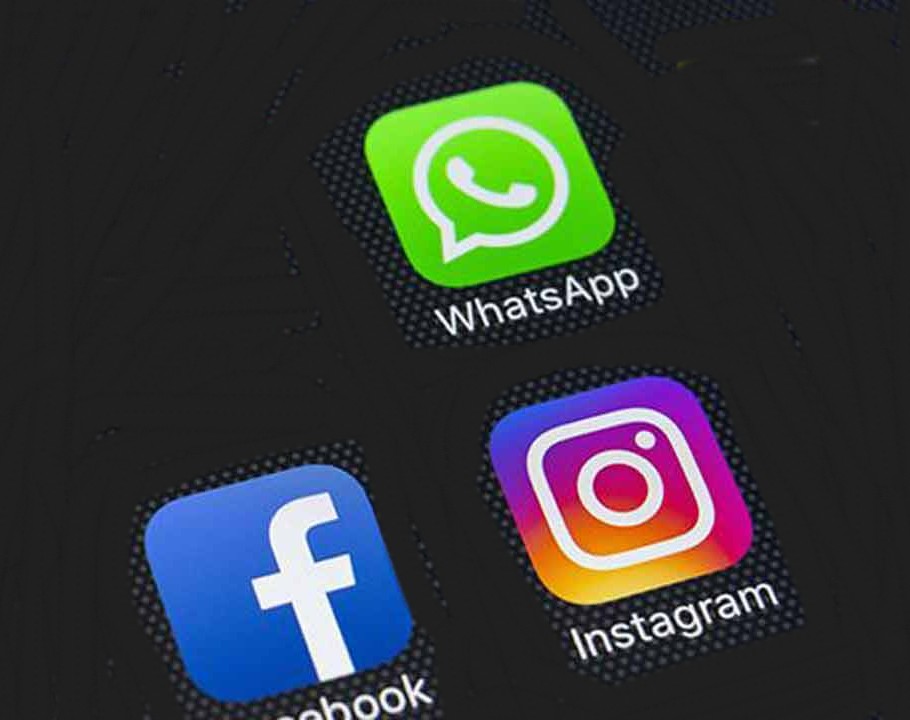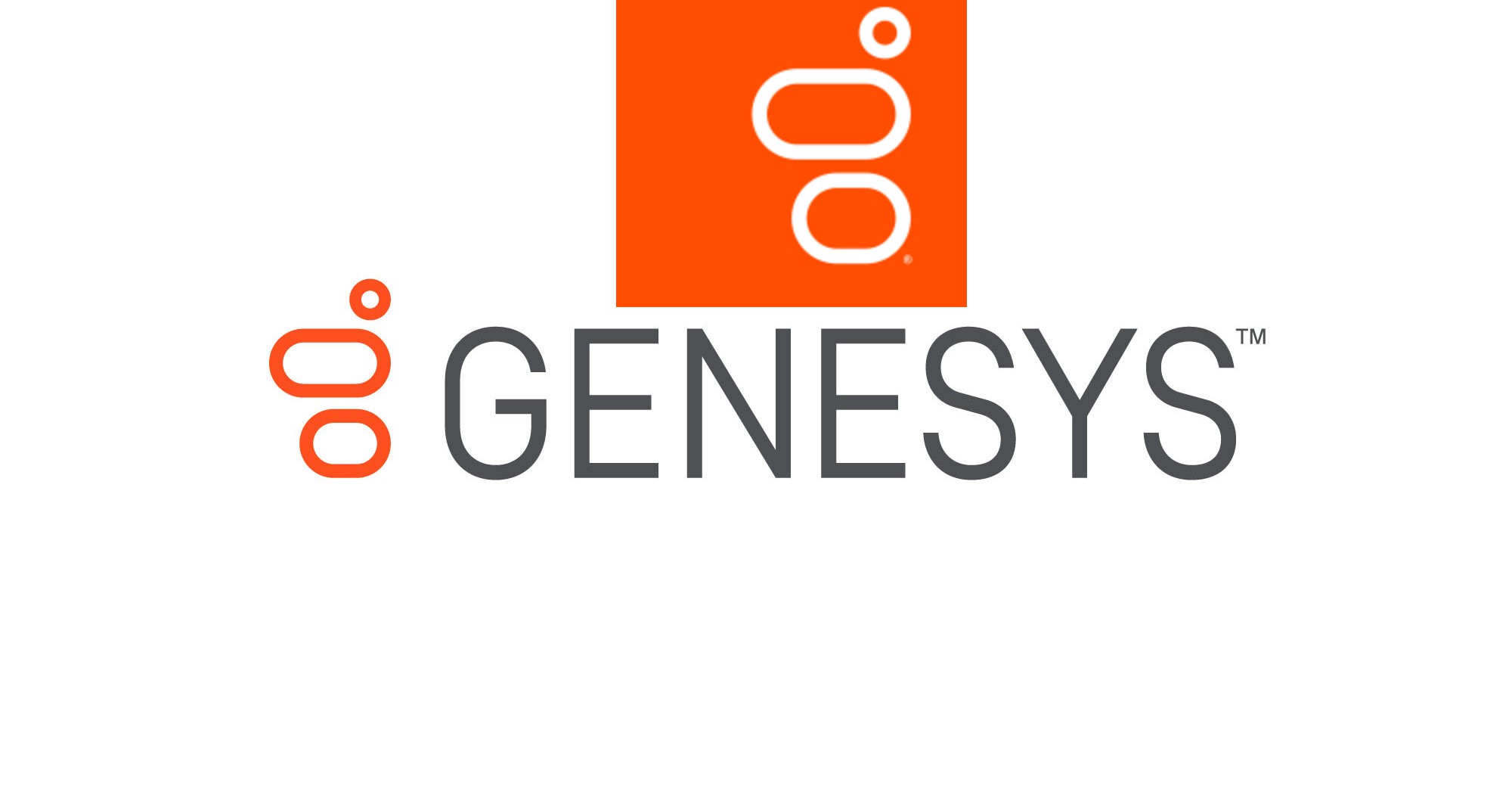London, NFAPost: Amid rising unrest in Ukrain, Meta (previously Facebook) is restricting state media and increased efforts around fact-checking and announced it’s making encrypted one-to-one chats in Instagram available to all adults in both Ukraine and Russia.
Follwoing the way, Instagram had decided to alert users as there is an option by way of a notification that appears at the top of their direct message inbox, which informs them they can switch over to an encrypted conversation if they choose.
Other Meta-owned apps, including Messenger and WhatsApp, have already offered end-to-end encryption. On WhatsApp, it’s the default. However, default end-to-end encryption won’t fully arrive on Messenger until sometime in 2023, but the company has offered the option to enable end-to-end encryption for text chats on Messenger for many years. In addition, it fully rolled out end-to-end encrypted group chats and calls in Messenger back in January.
Commenting on the decision, the company explained that they have decided to make the safety features available across both Ukraine and Russia. It suggested Russian activists speaking out against the war could also be at risk without the option.
Meta’s president of global affairs, who was recently upgraded from his VP status, Nick Clegg said prominent Russians creators and influencers, activists and musicians, are using Facebook and Instagram to access information and speak out against the invasion.
“We want them to continue to be able to do so. And we want people in Russia to continue to be able to hear from President Zelenskyy and others in Ukraine,” Meta’s president of global affairs, who was recently upgraded from his VP status, Nick Clegg added.
The company has made several other changes in recent days as the crisis has unfolded, even as the Russian government has restricted access to Meta’s services.
For end-users, the changes aren’t limited to encrypted Instagram DMs. Meta’s president of global affairs Nick Clegg said the company also rolled out safety features for users in Ukraine and Russia, including the ability for people to lock their Facebook profile and remove the ability to view and search friend lists.
The “Lock Profile” feature was first launched in 2020 as a safety option for women in India. It prevents Facebook users from viewing the posts and photos of people they’re not friends with, and restricts them from zooming into or downloading those users’ profile pictures or cover photos, as well.
(The story is based on inputs from TechCrunch)





